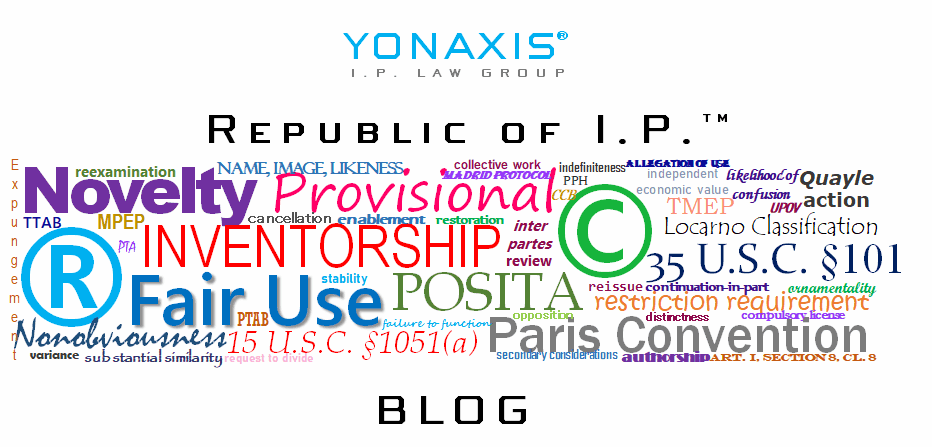On January 16, 2018, in a non-precedential per curiam order (the order was not published, but was made available from our colleagues at the Patently-O blog), the United States Court of Appeals for the Federal Circuit issued an order denying Helsinn’s petition for rehearing and en banc rehearing.
Judge O’Malley, a member of the original panel which decided Helsinn, wrote a separate concurrence. Recall back in May 2017, the Federal Circuit held, in Helsinn Healthcare S.A. v. Teva Pharmaceuticals USA, Inc.,[1] that a confidential sale made public could constitute an on-sale bar to 35 U.S.C. §102,[2] even if the sale did not disclose details of that claimed invention. O’Malley wrote to separately discuss what she termed “mischaracterizations” of the original opinion that were raised in the amici briefing. These mischaracterizations were summarized as: 1) all public sales regardless of the nature of the disclosure are on-sale bars to 35 U.S.C. §102; 2) all third-party supply agreements are invalid; and 3) Helsinn is inconsistent with Medicines Co. v. Hospira, Inc.,[3] another Federal Circuit decision dealing with the on-sales bar.
As for the first mischaracterization, that all publicized sales trigger the on-sales bar, O’Malley adamantly denied. “[T]he confidential nature of a transaction is just one of several factors for determining whether the transaction rises to the level of a commercial sales such that the on-sales bar would apply.”[4] (emphasis added.) Further, she noted from Medicines, similar to “the absence of title transfer, the confidential nature of the transactions is a factor which weighs against the conclusion that the transactions were commercial in nature.”[5] She additionally noted that other factors are to be used when analyzing whether the on-sales bar is triggered, all on a case-by-case basis. In comparing it with the Helsinn facts, Helsinn triggered the on-sale bar when it submitted a partially-redacted copy of the agreement at issue in an SEC filing, and made detailed descriptions of the drug formulation of the invention at issue.
As to the second mischaracterization, O’Malley stated that supply agreements would not be invalidated, but rather, just require good transactional drafting of the agreements in order to overcome the factored tests of Medicines and Helsinn.
Finally, O’Malley dismissed the third mischaracterization by stating that the Medicines holding to not apply the on-sales bar was not based on a policy to prevent stockpiling of drugs.[6] Helsinn’s facts led to to a commercial sale which triggered the §102 on-sales bar, and its holding was not based on a policy to limit supply chain agreements. In other words, policy did not implicate §102 on-sales bar in either case, making both decisions consistent.
This may not be the last we hear of Helsinn, since it is procedurally possible (and probable) for a petition for certiorari to be made to the U.S. Supreme Court.
[1] 855 F.3d 1356 (Fed. Cir. 2017)
[3] 827 F.3d 1363 (Fed. Cir. 2016).
[4] Id. at 1376; Helsinn, supra at 1364.
[5] Medicines, supra at 1376.
[6] Id. ar 1377-79.
